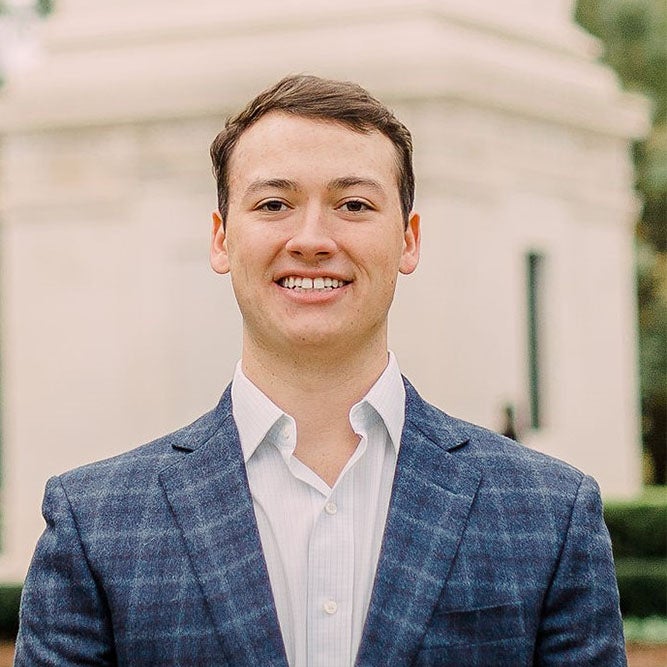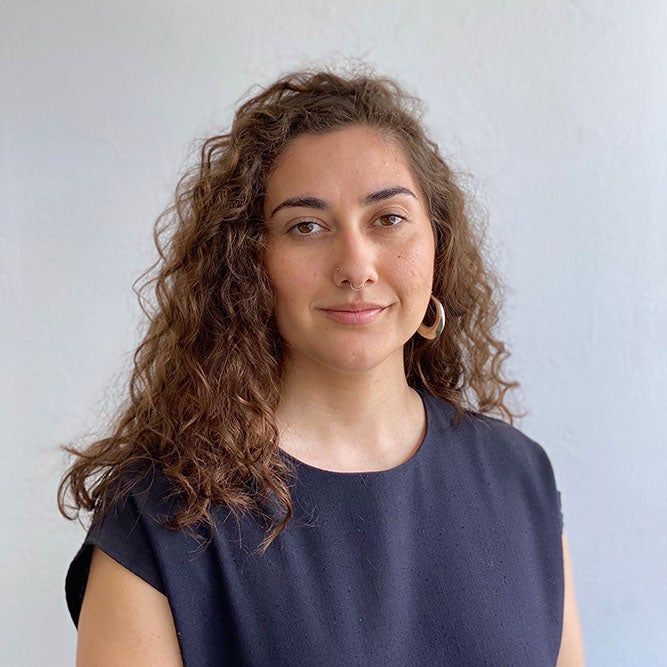Pushing Bold Ideas Forward with Graduate Fellowships
By Emily Gaines
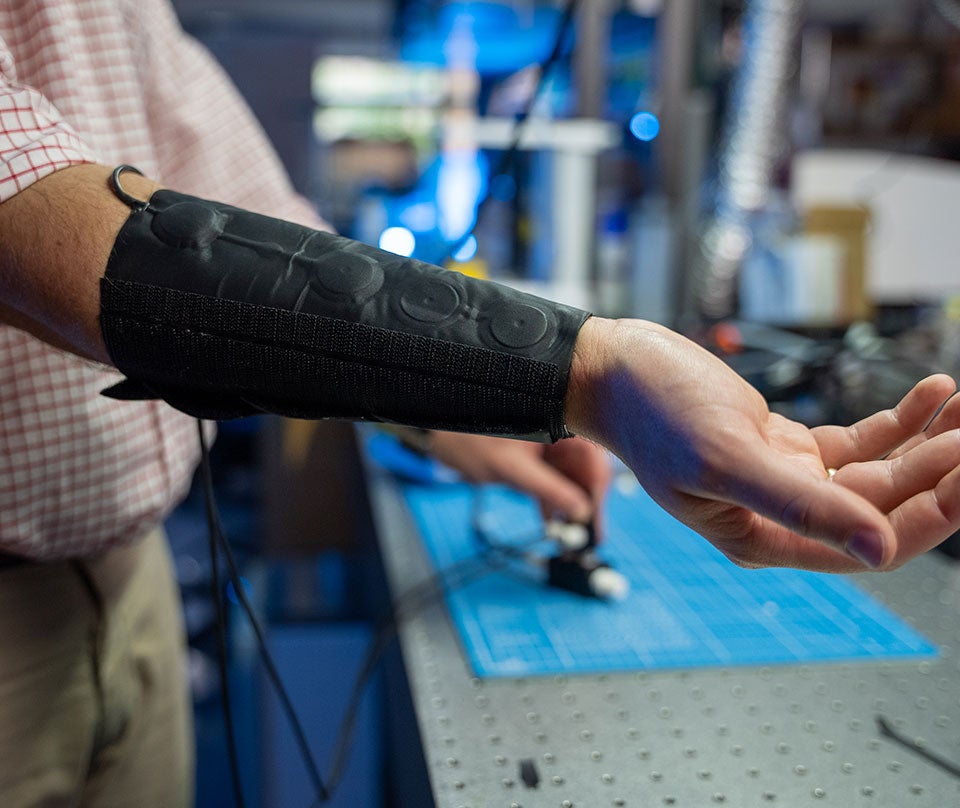
From developing a haptic sleeve that augments human capabilities to exploring the complex intersections of conservation and human rights in Guatemala, graduate students at Rice are transforming lives and communities in countless ways. Investing in their success is central to Rice’s bold plans for the future.
Momentous, the university’s 10-year strategic plan, outlines a vision where research and discovery are fostered by a personalized approach to graduate education. By attracting top-tier students, Rice strengthens its academic community, draws world-class faculty and enriches undergraduate learning through mentorship and teaching.
Fellowships play a pivotal role in this vision. More than just financial support, they fuel boundary-pushing research and empower students to share their discoveries with the world. Among these prestigious awards is the Lodieska Stockbridge Vaughn Fellowship, a highly competitive honor recognizing graduate students who demonstrate exceptional achievement and promise. Each year, five fellowships of $16,750 are awarded: one in the social sciences, one in the humanities and three open to any discipline. The funds offer flexible support for travel, research, prototyping and more.
In the stories that follow, meet Vaughn Fellows Barclay Jumet and Marlenie Ford, whose research is advancing their fields and reshaping how we understand the world and our place in it.
Scroll Down to Read More or Jump to the Stories Below
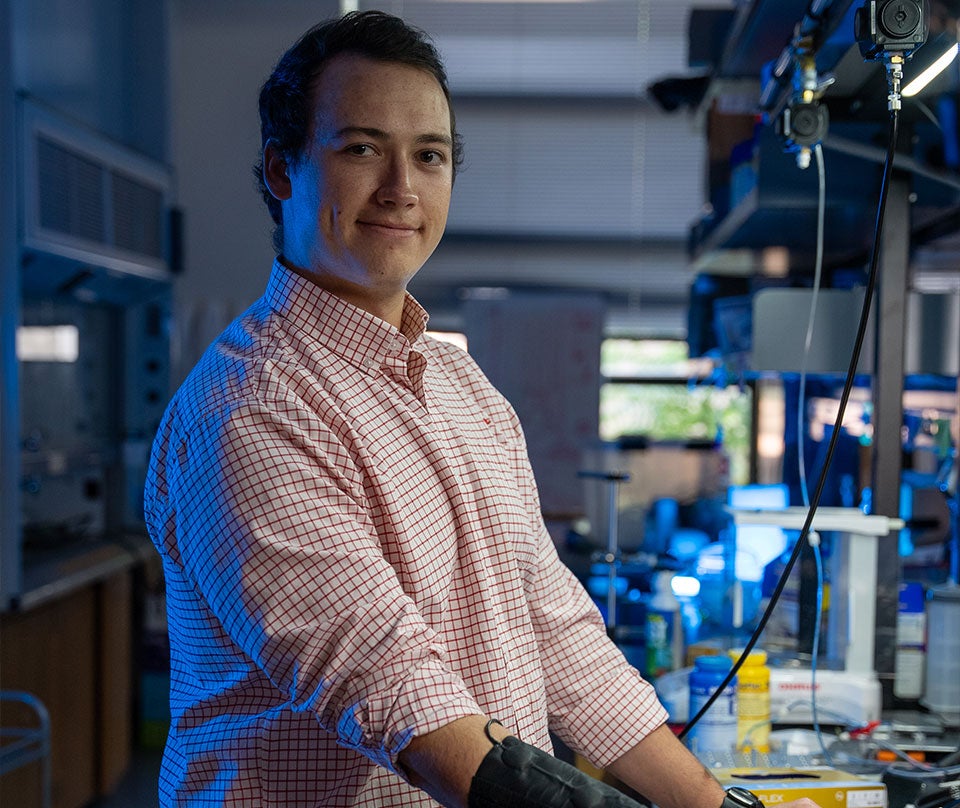
Ph.D. candidate Barclay Jumet is on a mission to expand the way humans interact with the world — not through sight or sound, but through touch. A 2024-2025 Vaughn Fellow and doctoral student in Rice’s mechanical engineering program, Barclay is using his lifelong interest in textiles and engineering to create wearable technology that’s as functional as it is innovative.
“The bulk of my Ph.D. has been spent working on haptics, or touch-based communications, and developing haptic systems made entirely from textiles,” Barclay explained. “It’s a good communicative pathway beyond sight and sound.”
That work has become the foundation for Actile Technologies, a startup Barclay is co-launching with Dan Preston, assistant professor of mechanical engineering at Rice. Actile is developing wearable devices that use haptic feedback to support and enhance human capabilities, particularly for athletes, soldiers and pilots, and people with disabilities.
One current prototype is a soft, fluidically controlled haptic sleeve that can guide a user by applying directional pressure to the arm. “The path we’re on right now is trying to bring our prototypes out of the lab and give people something that can improve their day-to-day lives — whether that’s helping people with disabilities navigate the world more easily or enhancing abilities on the playing field or in the battlefield.”
Actile is developing its devices to now test with football teams at Rice and the University of Houston. One use case is helping quarterbacks receive directional cues through haptic signals rather than audio. “A quarterback may struggle to hear a coach through their headset over the screaming of the crowd,” Barclay said. “But with haptics, the coach could communicate which side of the field the quarterback should prioritize by applying pressure or an electrical signal to an arm or thigh, reducing their decision-making time.”
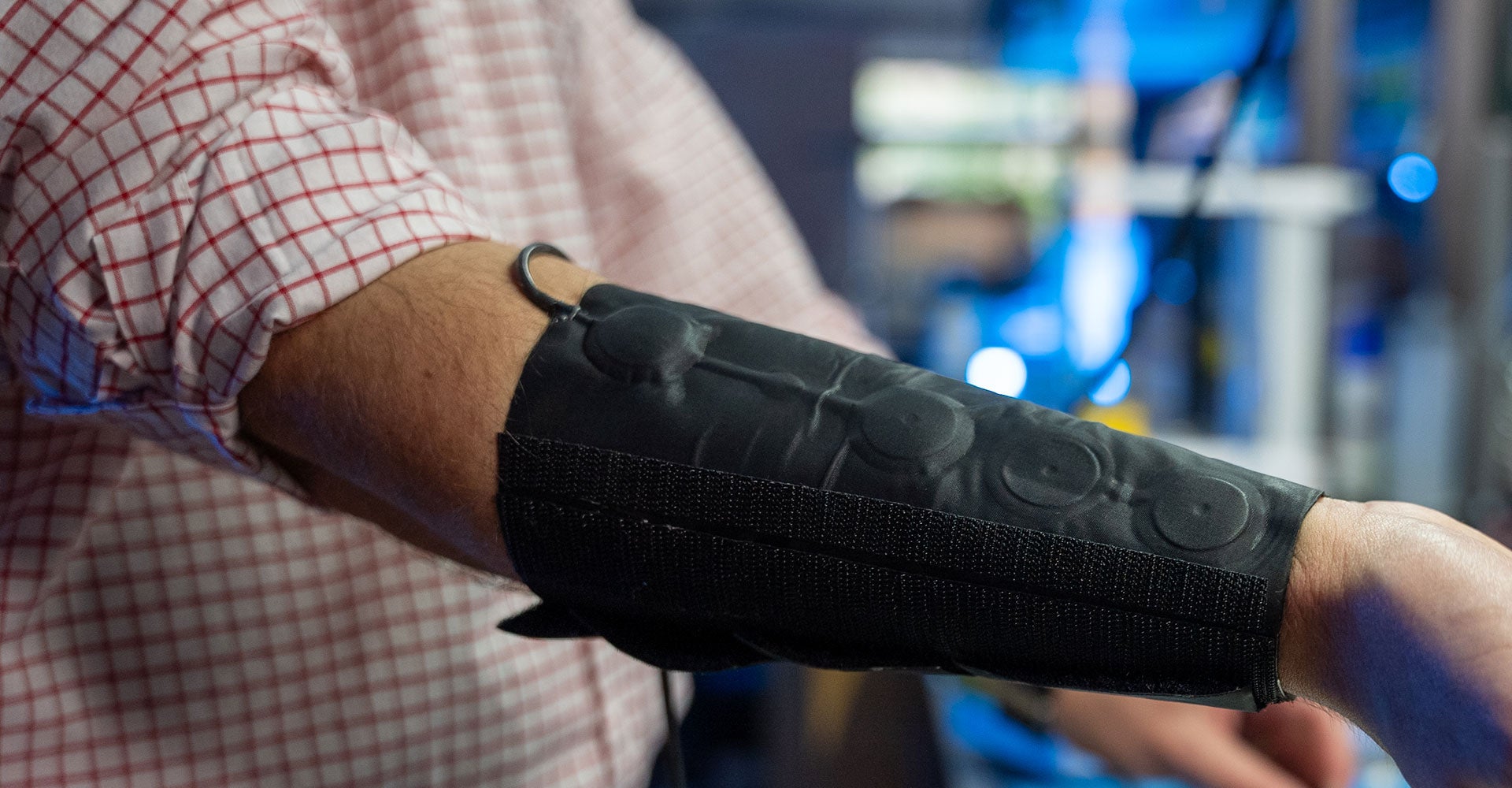
Haptics is a form of mechanically or electronically generated feedback used to communicate with a user through the sense of touch. One of the most common examples of haptics is when your phone vibrates to indicate you’ve touched something on the screen or received a message.
Beyond sports, Barclay and his collaborators at Actile are also working with the Department of Defense and Special Operations Command, where the same concept — minimizing reliance on sight and sound — can improve situational effectiveness in the field.
The Vaughn Fellowship has played a critical role in this work, supporting the transition from lab-based research to real-world applications. “It has helped fund a lot of the final stages of our prototype,” Barclay said. “That means turning benchtop prototypes into refined, wearable formats. We’ve also used that funding to create a more realistic aesthetic for the product, such as camouflage-enameled sleeves for direct integration into military gear.”
For Barclay and his team, the support is about more than funding — it’s about possibility. “We’re currently seeing a lot of tightening of the purse strings, so the funding one needs to advance science and society is harder to come by,” he said. “Funding these fellowships means a lot to us and, most importantly, to the people we’re helping.”
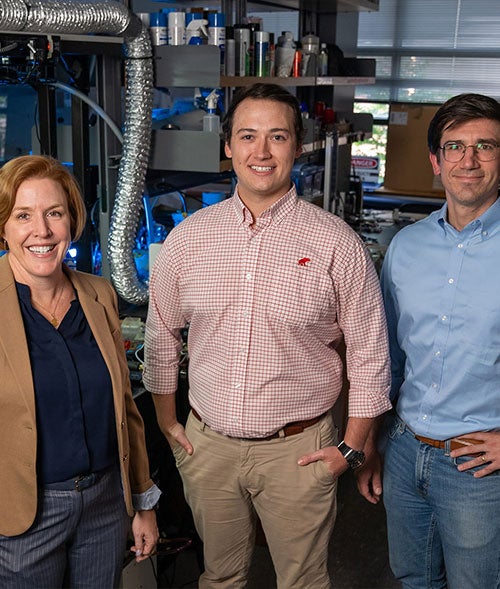
Shining a Light on Guatemala’s Ravine Residents
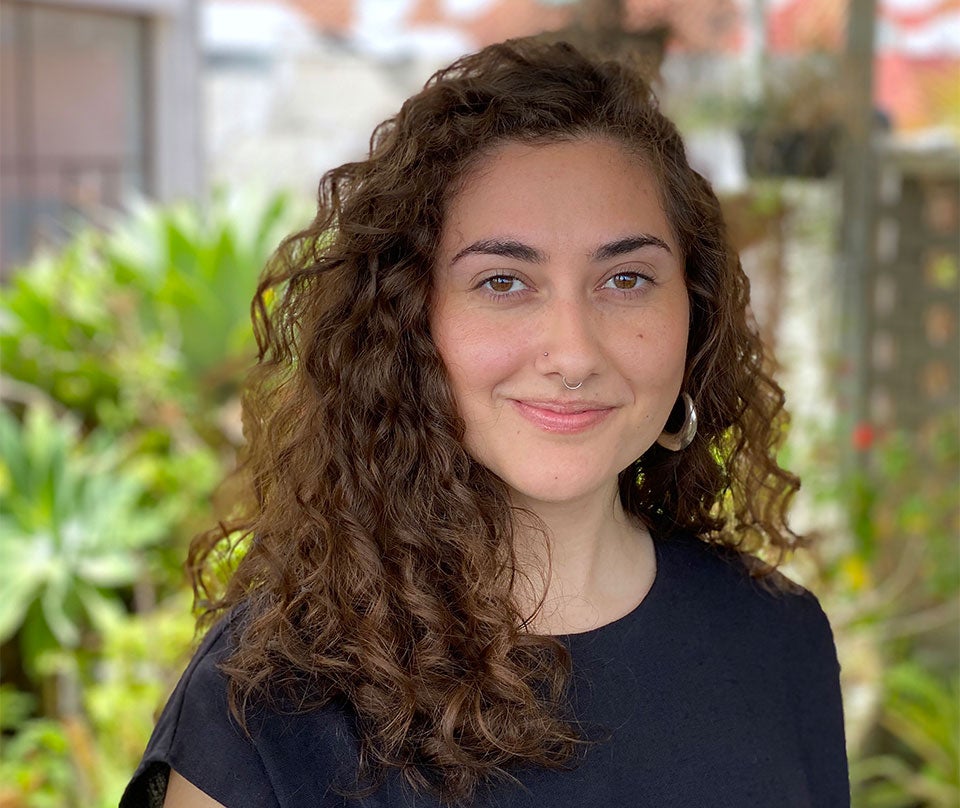
In the heart of Guatemala City, deep ravines cut through the urban landscape — lush, steep, and often overlooked by city planners. To some, they represent ecological opportunity. To others, they are home.
For Rice anthropology Ph.D. candidate Melanie Ford, these ravines became the focal point of a critical question: What happens when conservation efforts collide with the needs and rights of the people already living on that land?
Her thesis focuses on urban conservation movements in Guatemala City, where planners and architects are eyeing the city’s ravines as sites of ecological preservation and potential development. But these ravines are home to tens of thousands of people, many of whom have been displaced by war, poverty and natural disasters.
Among these communities is La Limonada, one of the largest informal settlements in Central America, housing an estimated 60,000 residents in an area approximately one mile long and half-mile wide. The name comes from the area’s origins as a citrus grove; however, the trees that once inhabited the ravine have been replaced by homes and shelters made from cinderblocks and scrap metal.
“I think the broader picture of my research is to better understand the ethics around conservation,” Melanie said. “It’s about learning how to think about the environment socially, in a way that doesn’t harm the people already living there.”
Thanks to a Vaughn fellowship during the 2023-2024 academic year, Melanie was able to travel to Guatemala City and conduct in-depth interviews with architects, urban planners and residents. “I wanted to understand how new conservation policies are being shaped and how people living in the ravines — who are often historically landless — experience and respond to these changes,” she said.
The Vaugh Fellowship provided not just financial support but also the intellectual space to think deeply about the human impact of her work. Fellowship funds covered essential travel and research expenses, including NVivo, a qualitative data analysis software that helped her analyze hours of interview data and structure key themes for her thesis.
But what Melanie values most is the time the fellowship afforded her to reflect — both on her findings and on how to report them back to the people who trusted her with their stories. “The Vaughn Fellowship gave me the freedom to spend time thinking carefully about how I write about the details of people’s lives,” she said. “That kind of time is rare, and it’s essential when your work involves people who are so often excluded from decision-making processes that affect their communities.”
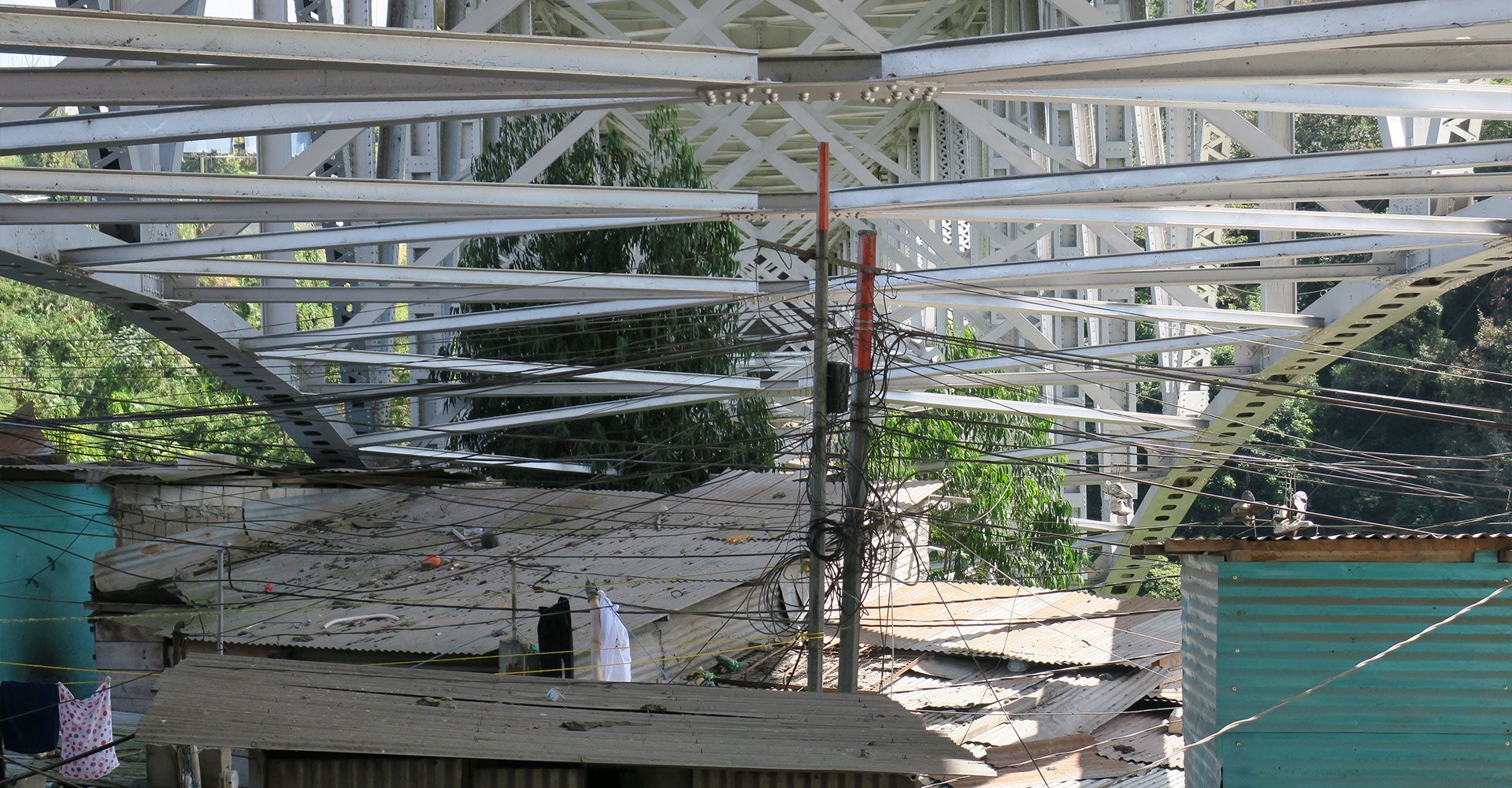
"I wanted to understand how new conservation policies are being shaped and how people living in the ravines — who are often historically landless — experience and respond to these changes."
— Melanie Ford
Melanie’s connection to Guatemala runs deep. “My family is from Guatemala, so it’s a place I was familiar with,” she said. “But when I started my research, I wasn’t intimately familiar with its politics. During my three years working there, I was able to learn more about the dynamics of urban settlement and displacement.”
Ultimately, Melanie sees her research as part of a broader movement in anthropology — one that values reciprocity, accountability and social relevance. “To me, one of the most important parts of anthropological research is knowing not only what use the research has for academia in the United States, but also what it can do for the people from where you’ve done your fieldwork.”
In a time when environmental sustainability is top of mind globally, Melanie’s work reminds us that conservation is not just about protecting land, it’s also about protecting the people who call that land home. Graduate fellowships like the Vaughn Fellowship make this kind of thoughtful, community-centered research possible.
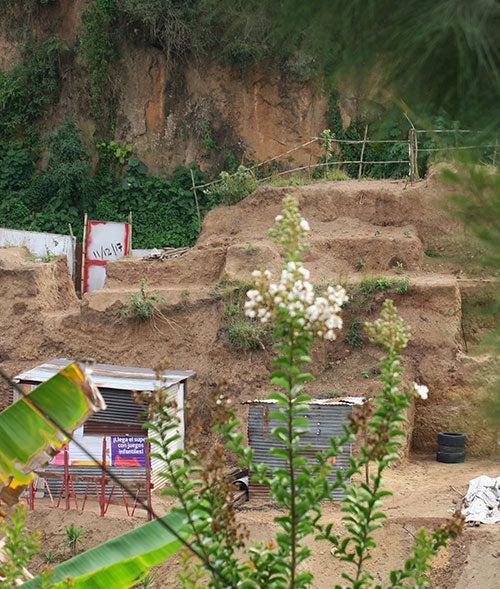
Accelerate the Vision
Rice graduate students like Barclay and Melanie are dedicated to creating a world that empowers all people and communities. To learn how you can support graduate students or establish a graduate fellowship, contact Sara L. Rice, executive director of development, at sdl@rice.edu or 713-348-3189.
Explore More From Our Current Issue
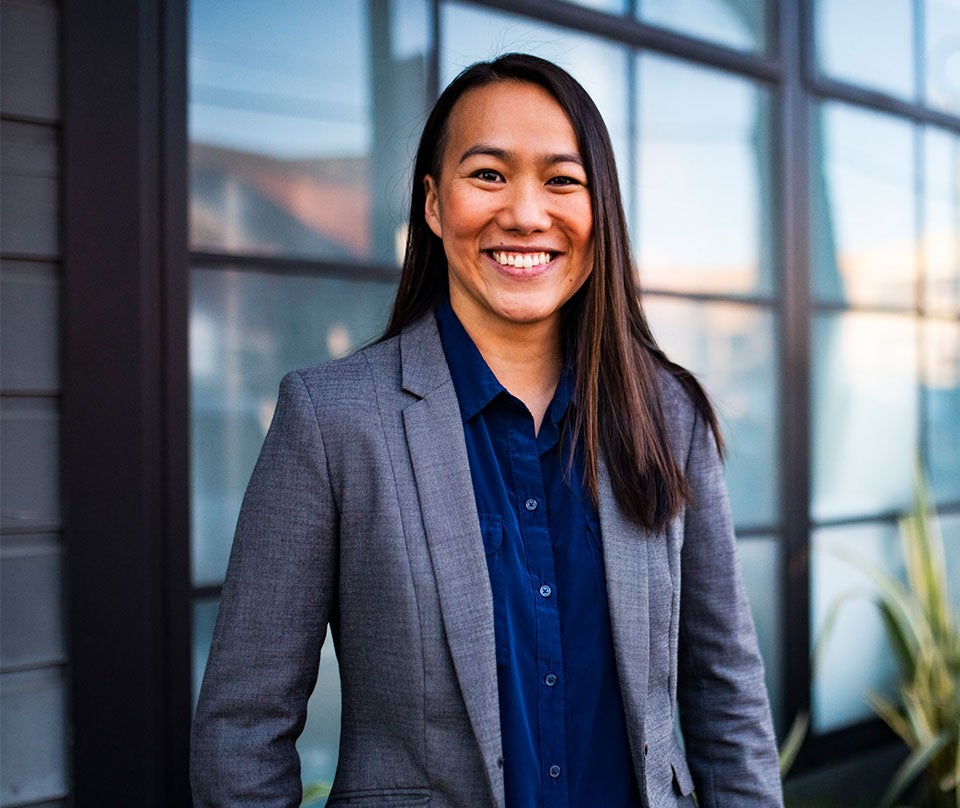
A family creates a lasting tribute for a beloved sister and daughter.
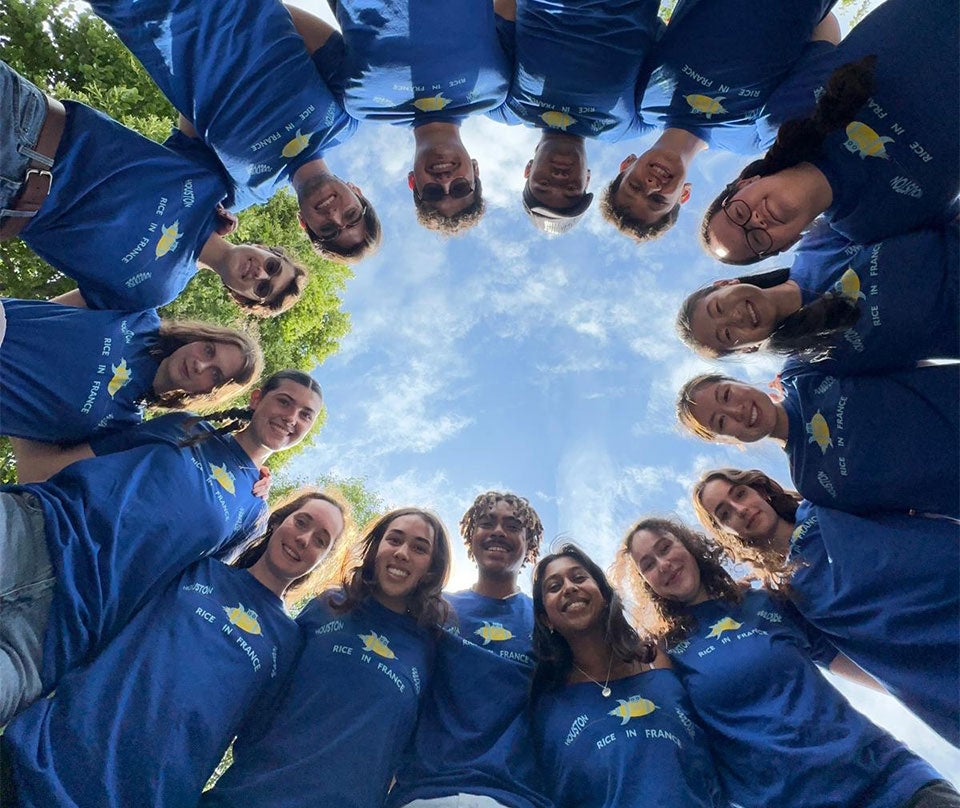
With philanthropic support, two students embark on transformative journeys abroad.
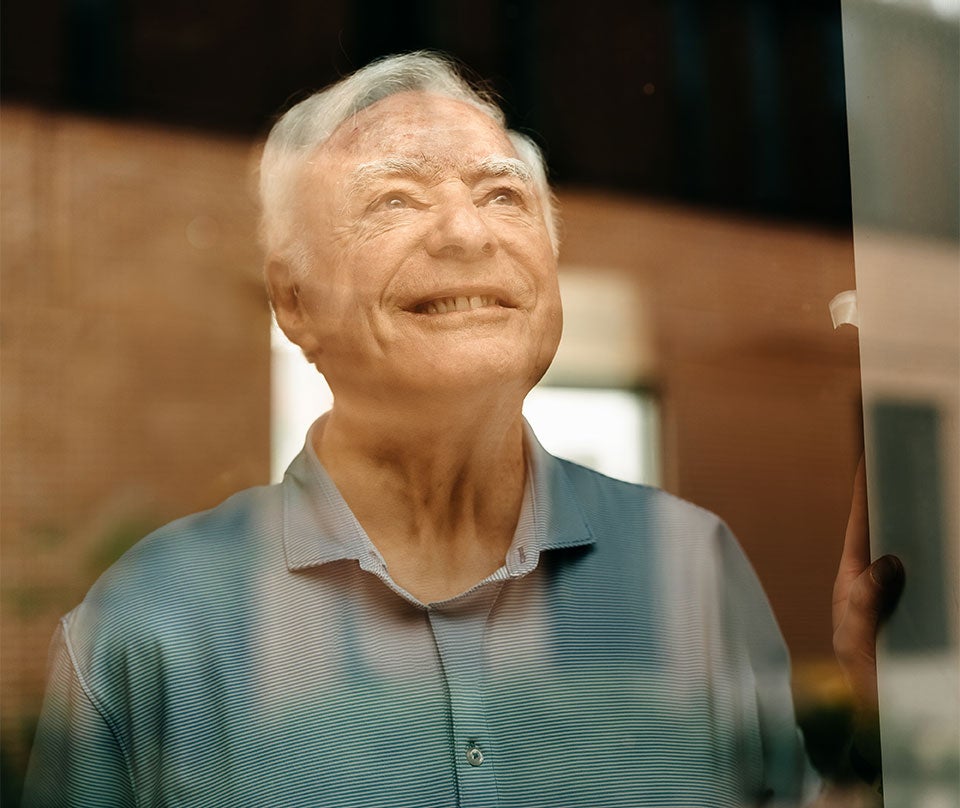
Cordell Haymon ’65 and Walter Loewenstern ’58 share what inspired 45 consecutive years of giving.

